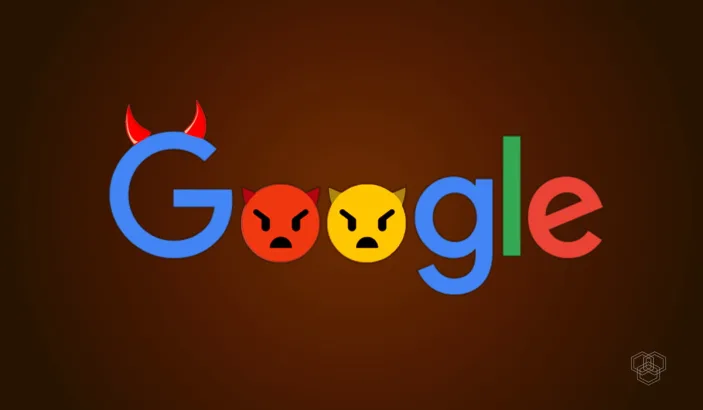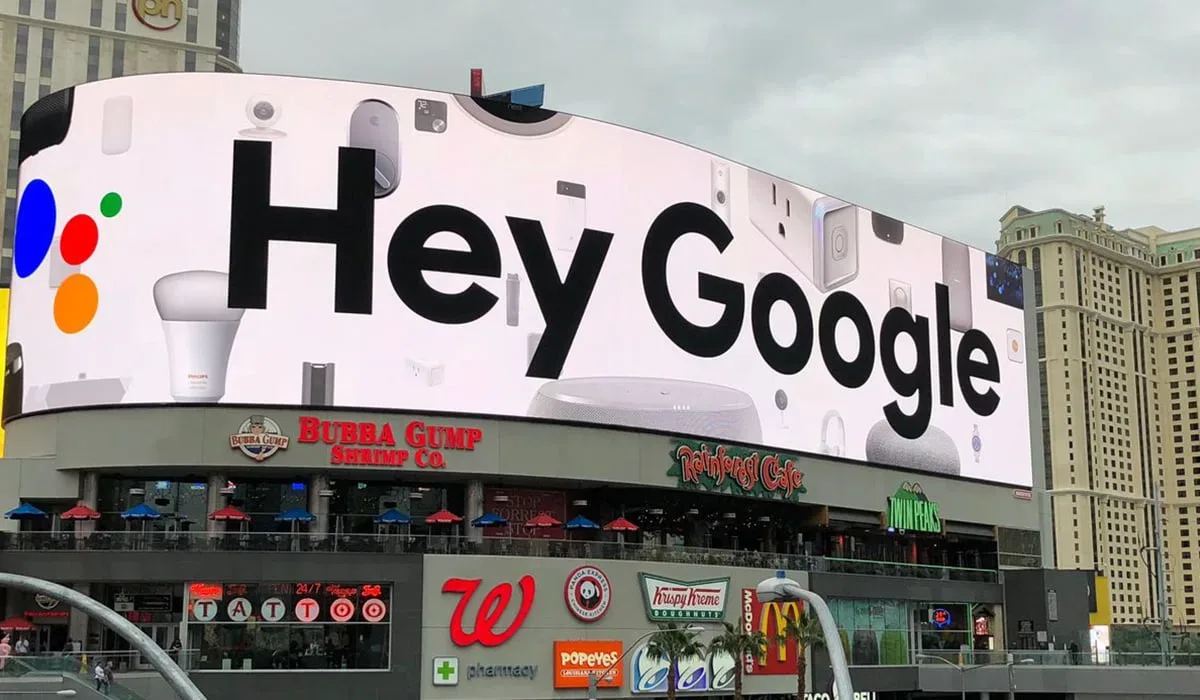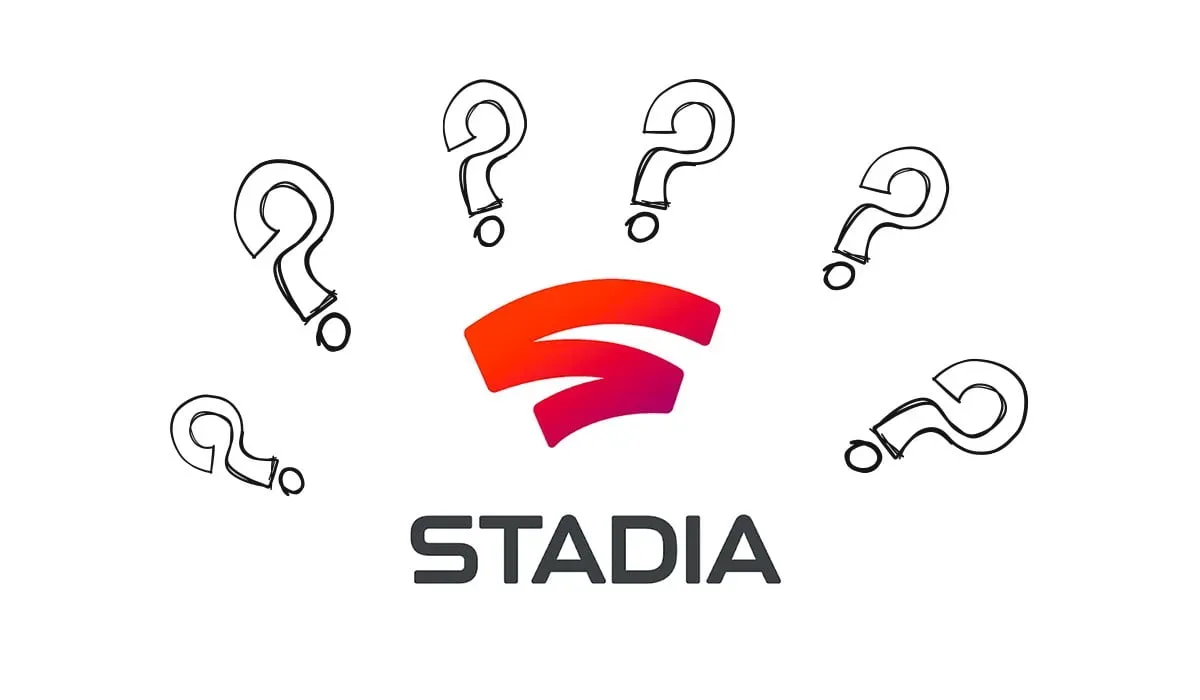Have you ever been spied on by someone? If not, then I’m sure that even the thought of being spied on gives you some serious chills just like the ones I got last night when it took me a little longer to get back home from work and I received a notification on my smartphone screen saying “You haven’t reached home.” To my surprise, this message was from Google. Since then I have been thinking about how much data I provide to companies when I use my smartphone.
With the Internet revolutionizing nearly every aspect of our lives, even arduous tasks have become a piece of cake. Just “tap” and you can get information on anything you want on the little screen blinking in your palm.
Communication, transportation, business, education, information, shopping, entertainment, and many other parts of everyday life have become so much richer since the technology took over. Imagine deleting any of the apps you use in your daily routine, be it your ride-hailing service, a message application, or a social media platform from your life – your days would be very different.
The comfort that comes with the use of technology cannot be denied, but neither can its cost be ignored.
Some of you might already realize this, but many us won’t even bother to register the alarming exposure of our personal data to giant corporate service providers. But take a moment to at least recognize some of the information Google knows about you and how it has been used to monetize various Google products and services.
How well does Google know you?
You will be surprised and perhaps alarmed to know that Google might know you better than anyone else. The amount of interaction that you have with various applications helps determine the vulnerability of your information. Frankly, Google has a lot of dirt on you. Your private life isn’t really all that private since and the giant can identify, quantify, and even track you based on the information your input into your computers and phones every day.
Think about the amount of data you enter into these Google applications, including searches, photos, picture and video tags with date stamps, appointments, and even the people you mark as important:
- Google Chrome
- Google Maps
- YouTube
- Hangouts
- Google Photos
- Google Calendar
- Google Ads
- Google Fit
- Waze
- Google Books
- Search
- Gmail
All these applications provide information that can sketch who you are, how you look, your religion, your political likes and dislikes, the books you read, the places you go, the food you eat, and even what you sound like. Ask yourself this: can your family and friends answer these questions accurately? Or does Google know you better than they do?
What does Google know about you?
Google applications keep track of your information and put it together to tell a lot about you. Chrome knows the searches that you have made; YouTube knows your likes and dislikes, the music you listen to, and the shows you watch. Gmail knows the kind of social interactions and work commitments you have. Imagine the picture you can put together about someone if you have access to all this data!
Everyone has had one of these moments: I was once having a discussion about organic food with my friend at a coffee meetup. We talked for about 15 minutes about food and the eateries or people who supply organic food. Surprisingly, the next moment my cell phone (which was in my bag) buzzed with an SMS advertising someone who delivered organic food to your doorstep. You might call it a coincidence, or maybe just the good timing (as I did). But things began to upset me the very next day when I signed into my Facebook, and all the sponsored posts and ads that I could see on my feed were about organic food.
Let’s see how Google gets there!
Your Location
A lot of Google applications that are part of our daily routines keep track of our location. It is safe to say that Google knows where you live, where you work, the places that you’ve traveled, how long you typically stay at a location, your most frequently visited places, and the patterns of your visits. Google does this with the help of Google Maps (that every Android phone has), Google Chrome (which comes built-in), Google Search, Waze, and Google Calendar. Even Apple users have most of these apps downloaded.
Your Likes and Dislikes
It is not hard for Google to keep track of all your likes and dislikes by tracking your behavior over a few applications. Google does this by looking at your searches, the ads you click, and the applications you use. Some of the key information providers are Google Search, Chrome, News, Google Shopping, Google Play Books, and YouTube. These applications can tell Google about the stores that you visit online, the books that you read, how often you read, the genres you like, the news you read, and the music and TV shows that you have been watching.
Your Social Circle
Applications like Gmail and Hangouts access information about your contacts and the conversations that you hold with them (which are technically encrypted). Maps, however, knows where you go and with whom (if everyone is sharing their locations). This helps Google identify the people you interact or hang out with and figure out what your conversation is most likely about! Google can identify your closest friends and keep track of their trends too, so it’s not just an individual’s data but their whole social circle that contributes to their knowledge about customers.
Your WebTrack
Google has a list all of the sites that you have visited on the Internet, the bookmarks that you have saved, the kind of queries that you frequently make, and the information that you want to see. Be it the data you give to auto-fill, your Chrome extensions, or the kinds of apps you like to use, Google know almost EVERYTHING.
This is stored by Google through applications like Google Search, Chrome, and Gmail. The web history is saved in the “history timeline” of your Google account. Google tracks your behavior and uses that information to target their ads so they are more relevant to users. If you searched a product on Google, you might start seeing ads about the same item in YouTube videos and websites that use Google Adsense. When companies properly target ads to the right audience, the search giant can earn much more from the companies who purchase ads on their platform. These companies can also use retargeting to place ads for things you were searching on other platforms.
Your Voice
When it comes to recognizing you with your voice, Google is capable of doing that too. If you own an Android phone then most probably your voice models are already saved in your Google account cloud. Google Assistant recognizes your voice and makes sure that only you can access your phone, but it doesn’t learn all this by itself. You give your voice models to Google when you help set up Assistant so it can get a better understanding of the way you speak. It helps Google identify your voice when you say “Okay Google,” to make sure its you and it responds to only you. Google might seem loyal, but it’s storing your voice models to improve its services.
If you own a Google Home device like Home Mini or Home Hub or anything that comes with Google Assistant preinstalled, Google is listening to everything that you are speaking and waits to detect and respond to the right command. It can even recognize all the voices of your family members on these Home devices if they’ve completed the setup.
Your Favorite Apps
Google also knows which apps you use the most. In Android smartphones, Google tracks everything from the opening and closing time of the apps to the number of times you used an app. It keeps track of your app activity in a timeline which you can see in your account settings. Google doesn’t have to work very hard to find out your habits and the apps you use the most.
Your Plans
By now this may not come as a surprise, but Google also knows the upcoming events that you are going to attend or are interested in, the trips that you have planned, and reservations that through searchers, Calendar, or Gmail (and that’s not even counting what Facbeook knows about the events you show interest in!). They even know what things that you are thinking of buying (how many times have you visited a website to look at an item you can’t decide on?) and can see what’s on your wish lists via Chrome.
Your Photos
You might be wondering how your photos are being used by Google. Well, if you have Google Photos installed on your phones, and you are utilizing “Unlimited storage” feature offered by Google, then you’re making Google’s services better too, by sharing your photos (obviously!).
The more photos you upload, the more Google’s image recognition algorithm gets improved. It will ask you if it’s your dog or if it’s you if or a picture of your friend, etc. Once you answer, Google knows you, your friends, your pets, and your family.
Conclusion:
It’s vital to know that aspects of your personal life are well known to companies like Google. What is truly alarming is how this has still not bothered people enough to protest more fommally. People still fail to realize that their data is being collected and compromised in leaks and hacks. Giving up the luxury of using easy apps to get you places, talk to friends, and shop or watch tv is very difficult to give up. But if you don’t, you can’t expect to keep your privacy at the moment.
Let us know what you think in the comments section below! Would you be willing to give up use of some of these apps if it meant less personal data was available to advertisers?
\n\n
Related Articles:
\n
- \n
- Apple is having coding sessions for kids
- Facebook and Human Rights Impact in Myanmar
- Somehow Facebook continues to grow, despite constant scandal
\n
\n
\n
\n





Thank you for explaining this in a way that hopefully, and I believe is, clear to the people who are unable to comprehend this and would assume to simply accuse “those scary tech giants of spying on us/ manipulating and controlling us!” rather than take the time to at least *try* to grasp this concept. One could even read what they are agreeing to the terms of. Don’t like the negative results of your searches? Search for the positive. Blame your own history or wrap your head around the fact that the popular results that pop up are from the popular searches.
Or, just waste the money of the people on comically ignorant court proceedings I suppose.
Oh hey, my 7 year old granddaughter was playing a game on her iPhone when the phone showed an image that I don’t like. Meh!